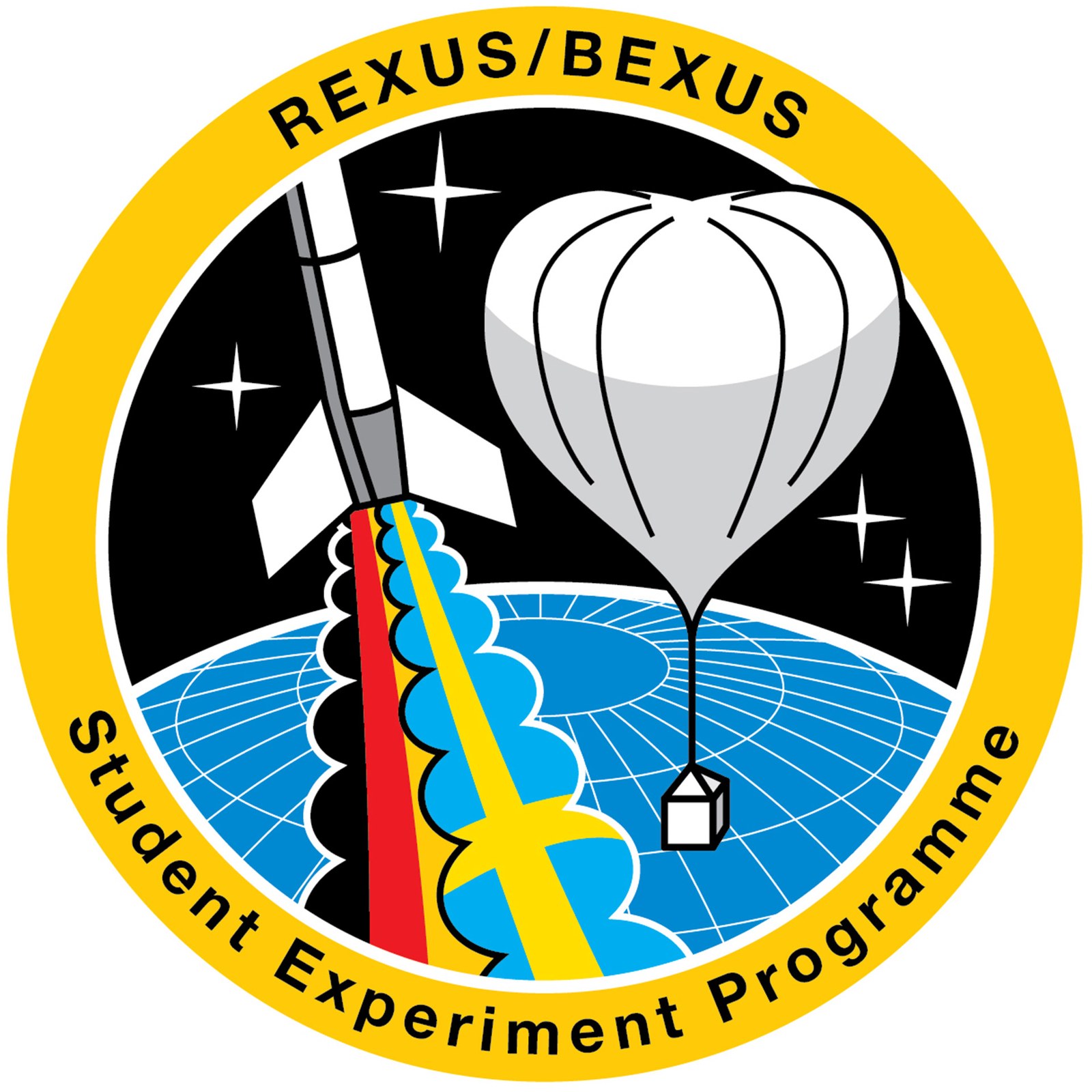DLR-DAAD Fellowships
International doctoral and postdoctoral students may apply for fellowships: The German Aerospace Center and the German Academic Exchange Service are recruiting more international researchers and scientists for Germany.

DLR/SNSA
The German Aerospace Center (DLR) and the Swedish National Space Board (SNSB) are jointly carrying out the REXUS/BEXUS programme (Rocket and Balloon Experiments for University Students) to support the younger generation of engineers and scientists. The programme offers students the opportunity to conduct their own scientific and technical experiments on research rockets and stratospheric balloons under special conditions, such as under the influence of space radiation or in reduced gravity.
Students experience the full life cycle of a space project, which begins with an idea and a planning phase and ends with the publication of its results. In between, the students build and test their experimental equipment, take an active part in the rocket or balloon launch campaign, conduct their experiments, and evaluate the data acquired. They stick to a time schedule with fixed milestones. The duration of the REXUS and BEXUS experiment projects is about 18 and twelve months, respectively.
Every year, two REXUS rockets are launched in spring and two BEXUS balloons in autumn. The almost six-metre-long rockets have a diameter of around 36 centimetres. The rockets traverse three atmospheric layers - namely the tropo-, meso- and stratosphere - reaching the thermosphere at an altitude of about 80 kilometers. Each rocket can carry an experiment payload of up to 40 kilograms. On demand the rockets can be equipped with a yo-yo system to achieve near weightlessness.
Up to five minutes of experiment time are available during the ballistic flight of a rocket, the reduced gravity phase lasting about 90 seconds. The BEXUS stratospheric balloons can reach an altitude of around 35 kilometers. Their flight time and thereby, the available length of experiment time varies between two and five hours depending on wind.
Throughout their project cycle, the German participants will be supervised and supported by the German Space Agency at DLR in Bonn. On their behalf, engineers from ZARM-Fallturmbetriebsgesellschaft in Bremen provide technical and organisational support to the student teams throughout the duration of the project. Furthermore students will collaborate with EuroLaunch, a cooperation between the Swedish Space Corporation (SSC) and the DLR's mobile rocket base (MoRaBa) in Oberpfaffenhofen. EuroLaunch handles the rocket and balloon launches at the Esrange space center near Kiruna in Sweden.
The REXUS/BEXUS students' programme is realized under a bilateral Agency Agreement between the German Space Agency at DLR and the Swedish National Space Agency, SNSA. Fifty percent each of the rocket and/or balloon payloads is available to German and Swedish students, respectively. SNSA has made its share available to students from the other ESA member and cooperating states.
Annually in June the two space agencies release a call for proposals for the BEXUS flights in the subsequent year, and REXUS flights in the year after that.
